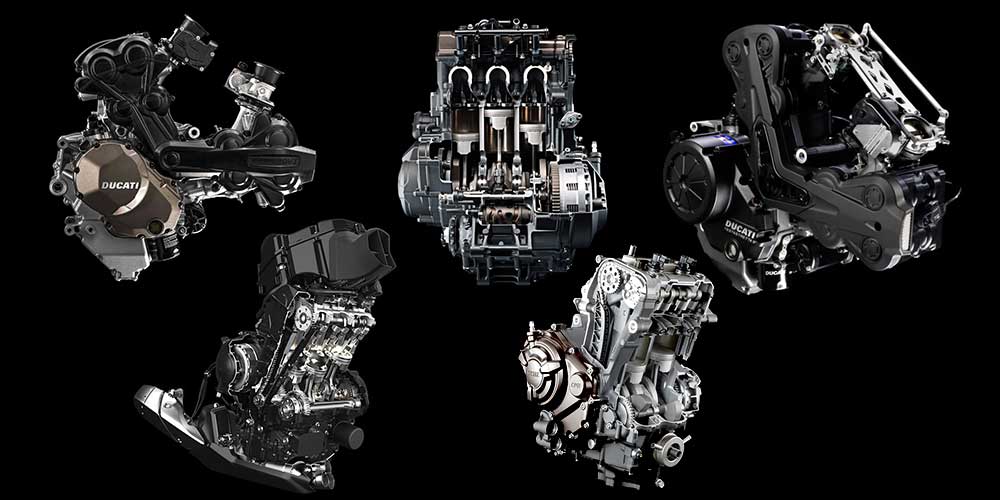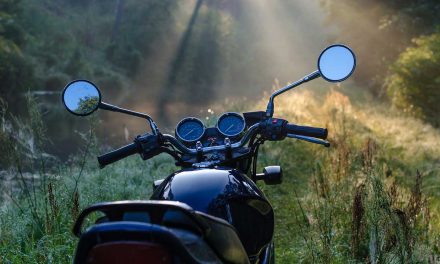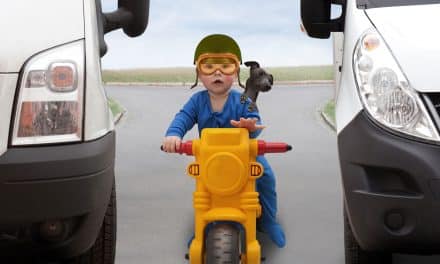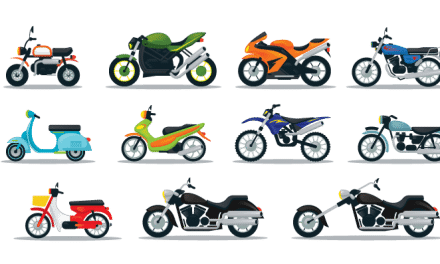After you’ve completed your motorcycle training and passed your road test, you may ask yourself, what size of motorcycle should I start out on?
There are many options from 125cc to over 2,000cc! Number of cylinders, type of bike, and intended purpose are just a few of the things you need to think about. After weeks of research, I decided to start out with a 321cc 2019 Yamaha R3. Was it a great choice? I think so.
Engine size is one of the most important factors, so let’s focus on that today. Let’s look into how my 300cc motorcycle has helped me become a better rider and why I didn’t choose a 600cc+ motorcycle.
What does CC mean?
CC stands for Cubic Centimeters. This refers to the size of the engine displacement in the motor of the bike. Motorcycles use combustion engines. This means that the engine intakes air and fuel. When pressure is applied the gases are ignited and combustion takes place. This powers the engine.
The more CCs an engine has the more fuel and air it can take in. The more fuel and air the engine takes in the more combustion is created. That means more power and more speed. The more CCs an engine has the more power it has, but you will also be sacrificing fuel efficiency and safety as a beginner.
What are the differences between 300cc and 600cc engines?
When it comes to engine size, CCs matter. So, what is the difference between something smaller and more moderate, like a 300cc engine, and something more powerful like a 600cc engine? The devil is in the details, or in this case, the power of combustion.
A 300cc engine is easier to handle and more user-friendly than the 600cc+ models. You have a little more wiggle room to make mistakes and figure things out. Wiggle room is important because as with any new skill, you will make mistakes. Engine size can be the determining factor in whether or not that mistake becomes a learning experience or a hospital visit.
Experienced riders will tell you that the smaller engine allows you to learn the ropes. You will need to learn to stop without dropping your bike, accelerate without accidentally going into a wheelie, and take turns and swerve without crashing. You also need to learn to keep a vigilant eye on the motorists around you. It takes one second for someone in a car to end your life when they aren’t paying close enough attention.
How quick are they?
The 300cc bikes generally top out at around 140mph and can ride at sustained speeds of about 55-75mph. The 600cc can get between 170mph to 200mph and ride at sustained speeds of about 75-80mph, although the miles per gallon really suffers.
In general, you won’t need to go more than 60-70mph, so the 300cc is a great option since it will be able to keep up with traffic and still save on fuel usage. You will also avoid accidentally accelerating too quickly or skidding out your back tires.
A 300cc motorcycle can take you on the highway and across the country if that is what you want to do with it. It can do so safely and with less risk than the larger bike. The open road is waiting for you, but head out safely.
How heavy are they?
There are so many variables to the weight of a motorcycle that engine size is not the only factor. Of course, a 600cc will weigh more than a 300cc engine in general, but things like body type, wheels, seats, and even fuel tanks can make a big difference in weight.
Once you have a shortlist of the motorcycle models you are considering you can find out what they each weigh. The general consensus is that lighter weight bikes are better for longer distances while heavier models are great for driving locally.
How stable are they?
Stability is another factor that can vary widely bike to bike. Most bikers agree that the most stable bikes are the ones with heavier frames and less plastic that can act as a kite or a sail. You can get a 300cc bike that is much more stable than the 600cc, or the other way around just depending on the weight and build. Opt for a bike with less unnecessary frills that has a good solid frame.
How many cylinders are best?
For a beginner bike two cylinders reign supreme. Why is a dual cylinder bike best? Because it is balanced. The balance between two equal-sized cylinders is better than the balance between the single-cylinder and balance shaft. The balance makes the bike vibrate and shake less. Dual-cylinder bikes are also more efficient and respond faster to acceleration and braking.
The way a dual-cylinder works by producing combustion in each cylinder separately but then combining the power created. This makes the bike faster and more efficient. Since the bike has the same amount of power spread out over two smaller cylinders they cool faster too. They can be heavier than a single-cylinder bike, but the extra power is worth the extra weight.
Can a 300cc motorcycle keep up to highway speeds?
A 300cc motorcycle can usually sustain cruising speeds of 55 – 75mph. These speeds are perfectly acceptable for riding on the highway. In fact, a 300cc bike may be better on the highway because it is more fuel-efficient than the 600cc+ models. Other riders have commented that the 300cc bikes are not as good at passing at high speeds, but for the most part, they do great on the highway.
A 600cc motorcycle also does well on the highway, but with all of the extra power added it can be harder to handle for riders who are still learning how to navigate the roads and traffic. The additional weight and power can lead to the bike being harder to handle for a new rider. Harder to handle translates to more dangerous, and that is the last thing you want as a new rider.
Do they handle differently?
A 600cc bike has a heavier engine and more power. It will accelerate faster which can be fun, but it also has its downsides. Too much power for someone who doesn’t know how to handle it can cause skidding, accidental wheelies, and dropping. Dropping is when you try to stop but lose control and your bike tips over onto its side. A 300cc bike handles better, gives you more control and allows you to spend more time learning how to handle yourself in different situations.
The better able to handle the bike you are the more likely you are to make it home every night. Ask any motorcyclist and they will tell you that it is always best to take your time and learn to ride right.
I’m a bigger rider, should I buy a bigger displacement motorcycle?
The engine capacity of your motorcycle isn’t much affected by your dimensions. There are many factors that determine whether or not a bike is the right size for any specific rider. Height, seat size, and quality of the suspension matter more than the bike’s CCs. When you are out motorcycle shopping you need to ask to sit on the different bikes. Ask questions about weight capacity and suspension. These factors will matter more than the engine size unless you are 6’6” and 400+lbs, at which point you may need to size up to the 500CC range.
What motorcycle engine size should you buy?
These bikes aren’t toys. Without proper gear, knowledge, and experience, they kill. With it, they’re less effective, but that doesn’t mean there won’t be moments that they’ll still try and remember, they only need to succeed once. The world has lost many friends, husbands, sons, and fathers because of a failure to ride responsibly, or because other motorists are not paying enough attention. Even the best riders have bad moments.
A 300CC bike allows you time to learn the ropes. You will run into situations where you need to brake fast, turn at a moment’s notice, swerve, and you may even fall. The 300CC motorcycle is easier to control, stops and slows more safely than the larger models, and you are less likely to drop it upon stopping.
For example:
What do you do if you are trying to pass another motorist on the highway but they don’t see you right away and start moving in your direction?
What do you do if you come upon wet grass in the middle of the road from someone mowing their lawn and not cleaning up after themselves?
What do you do if your tire blows?
If you cannot confidently answer these questions, you should still be riding a smaller bike. If you can answer these questions, you should still be careful. Accidents can happen at any time.
Conclusion
When it comes to engine size bigger is not always better. The more power a motorcycle has the more educated and experienced you need to be to handle it properly. Motorcycles are fun, freeing, and can lead you to adventure. They can also be dangerous and lead to the hospital or the grave. It is important to have a healthy respect for not only your bike but also the road and other drivers.
Experience is important, and you can best gain experience by practicing on a safer motorcycle. The 300cc engine is easier to maneuver and learn on. You are more likely to be able to walk away from an accident with the smaller engine. You are less likely to have an accident in the first place as well. In addition to engine size, it is also important to practice proper maintenance on your motorcycle.
Wear the right gear, start slow, and do not let your ego get in the way. Too much power can lead to damage to both you and your bike. You have all the time in the world to gain experience and upgrade your bike. It is better to start small and safely work your way up than it is to start too big and end there.





